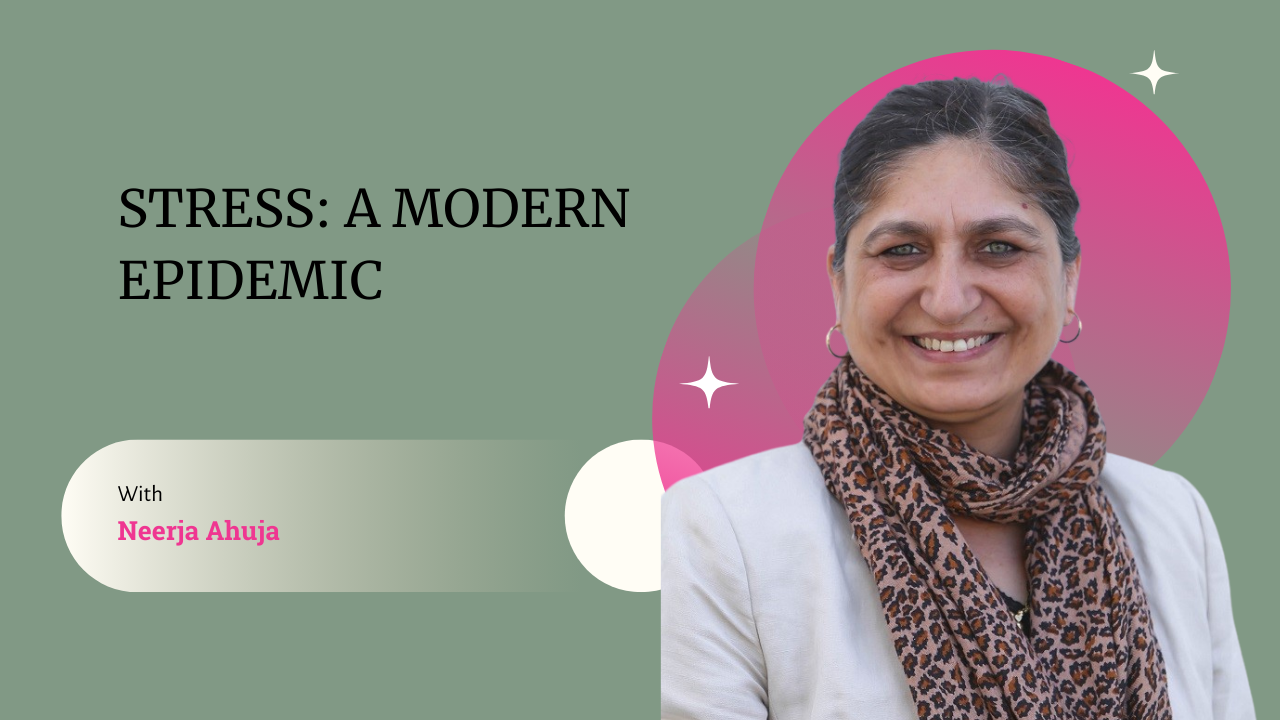Yoga Nidra benefits include stress reduction through the activation of the parasympathetic nervous system, enhanced sleep quality, improved immune function, balanced autonomic nervous system for optimal health, and lower blood pressure levels. Regular practice of yoga nidra, therefore, can contribute to the wellbeing of the nervous and immune systems overall.
Category: Stress
Yoga Nidra – Bridging Ancient Wisdom with Modern Wellness
Yoga Nidra, often referred to as “yogic sleep,” is a powerful and ancient practice that combines elements of meditation, relaxation, and mindfulness.
Stress a Modern Epidemic
Stress is an ever-present force in our modern lives. Whether it is the daily grind or unexpected life events, stress has become a modern epidemic that affects everyone at some point.
This persistent presence of stress can accumulate over time. Add to this the physiological factors like insulin resistance, hormonal imbalances, obesity, inflammatory, and autoimmune diseases, and we can see many factors may influence a person’s capacity to cope with stress, both physically and psychologically.


